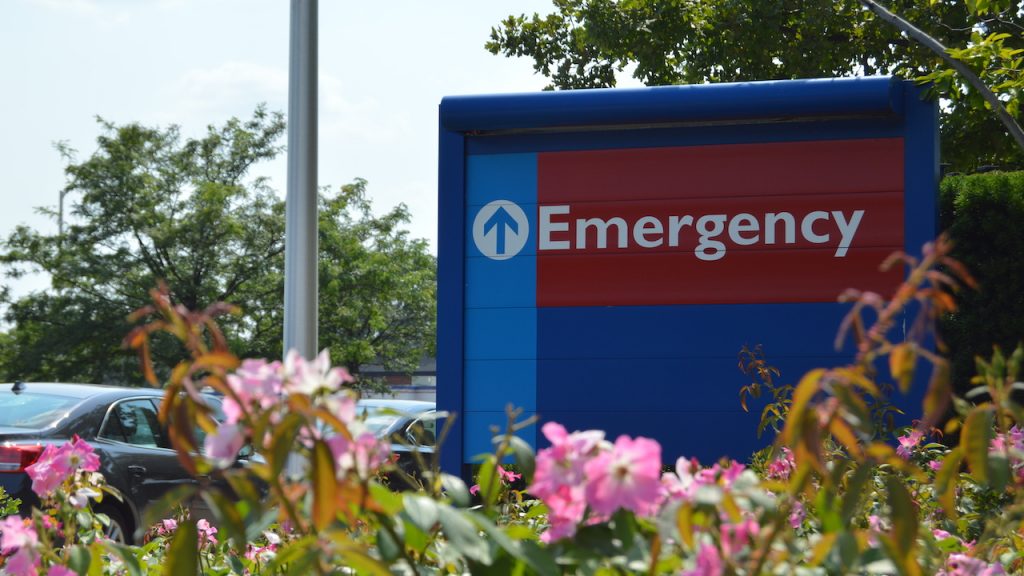Surge in Detroit COVID-19 Patients Could Lead to Rationing, Do Not Resuscitate Orders
Detroit faces a surge of thousands of new cases of patients suffering from COVID-19. Some hospitals may ration health care for victims of the virus.

The Henry Ford Health System has developed a policy officials say they hope they never have to use.
They say it’s a worst-case scenario where a scarce supply of ventilators would be reserved for patients who have the best chance of getting better.
“We are going to have to make some tough decisions about how to best allocate resources.” — Lance Gable, bioethicist
Other hospital systems nationwide are debating whether to order that COVID-19 patients who are dying should not be resuscitated, because the process exposes health personnel and equipment to so much infection they might not be able to help other patients. They add there is a poor chance that many of those patients will survive for very long even if all measures are taken to prolong their life.
Recently federal officials said the nation was “nowhere near the point” that such action would be taken.
But the Washington Post reports some overwhelmed hospitals in New York City have already begun activating those DNR orders.
Wayne State University law professor Lance Gable is an internationally-recognized expert on bioethics.
He helped Michigan’s state government develop guidelines for using scarce medical resources during a public health emergency.
Gable tells WDET’s Quinn Klinefelter the debate over rationing health care has moved from the theoretical to an immediate challenge.
Click on the audio player above to hear the full interview on the ethics of rationing health care with Lance Gable.
Trusted, accurate, up-to-date
WDET is here to keep you informed on essential information, news and resources related to COVID-19.
This is a stressful, insecure time for many. So it’s more important than ever for you, our listeners and readers, who are able to donate to keep supporting WDET’s mission. Please make a gift today.
